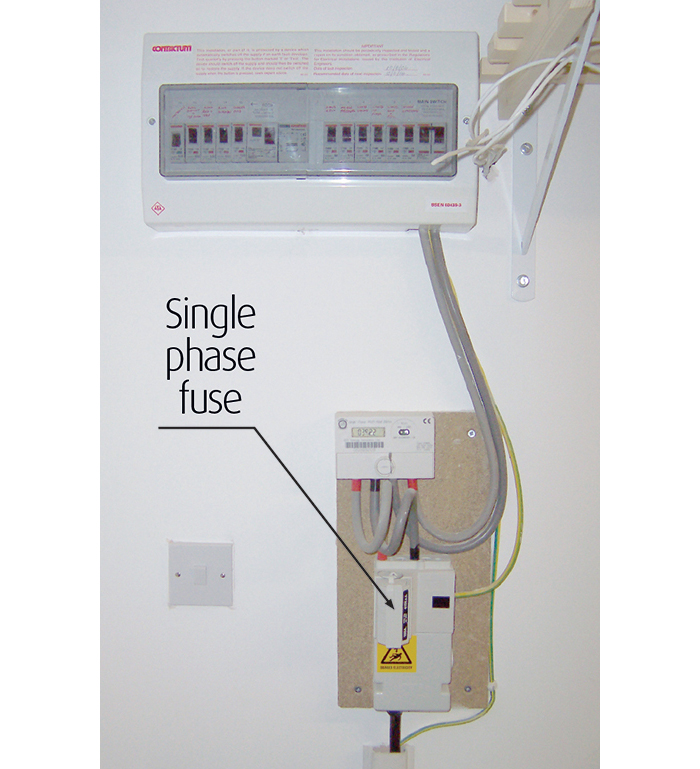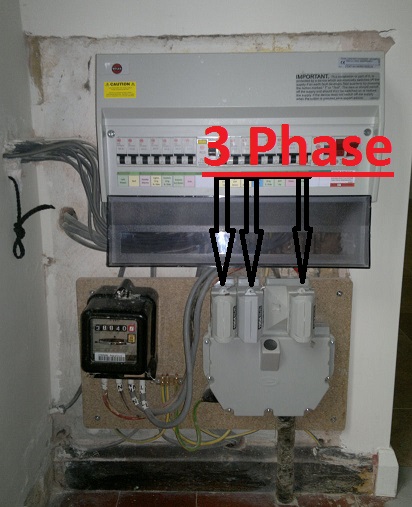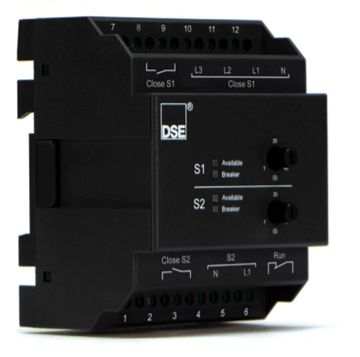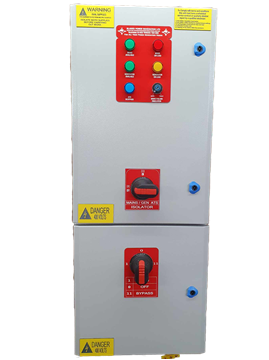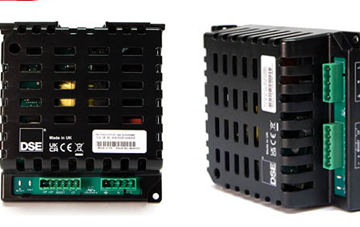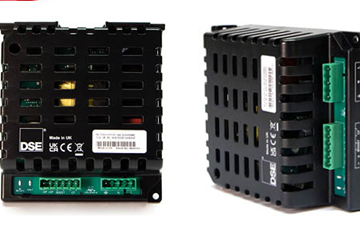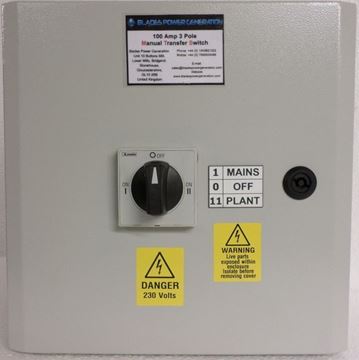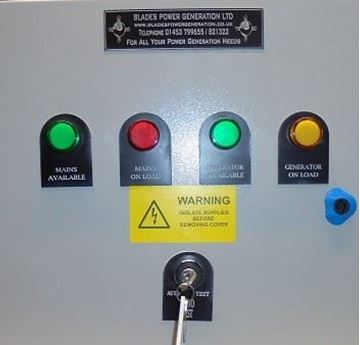Should you buy a standby generator for your home? Well, the answer to that is “it depends”. To some extent it may be a matter of choice. For instance, for some people, suffering from a blackout on one occasion may be sufficient reason to get a generator.
However, if you live in an area where power outages are frequent (i.e., more than three a year) or they last for several hours, then investing in a standby generator is more a matter of necessity rather than simple convenience.
Generators are available in a range of different sizes and can be powered by diesel, propane, or LPG. Whether diesel generators will be available for much longer in the UK remains to be seen. One option is to buy a generator that is big enough to power the whole of your home, and if you can afford it you might want to do just that. However, another option, which is more affordable, is to buy one that powers your most essential electric circuits. You would need an experienced electrician to calculate the anticipated electrical loads of your home in order that he could recommend the correct size.
You will also need a transfer switch to transfer the power supply from the mains to the generator and back again when the mains power is restored. This can either be a manual transfer switch or an automatic one.
The disadvantage of a manual transfer switch is that someone has to be on the premises in order to transfer from one to the other. It rather depends on what sort of equipment you need to power. If there is always someone at home, it is not so much of an issue, but if you need to be able to switch to the generator instantly at any time, then an automatic transfer switch is the answer.
This will detect the fact that the mains supply has gone down and send a signal to the generator to start up. When the generator has started it sends a signal back to the automatic transfer switch which will then switch over to the generator. When the power is restored, the automatic transfer switch will transfer back to the mains and switch the generator off.
Certainly, an automatic transfer switch is more expensive to install than a manual one, but once you have it, you have no worries.













